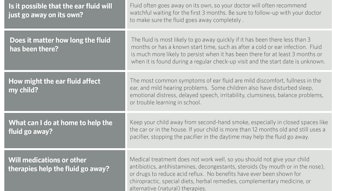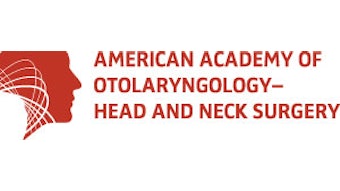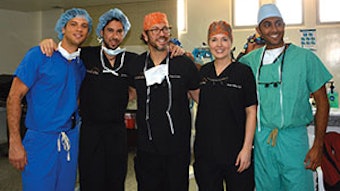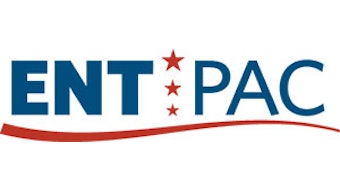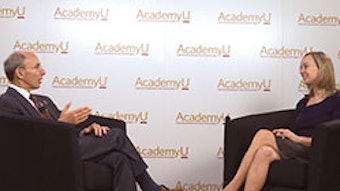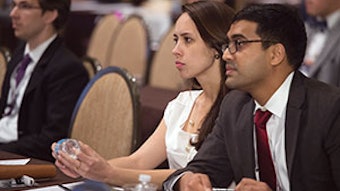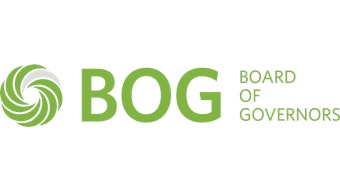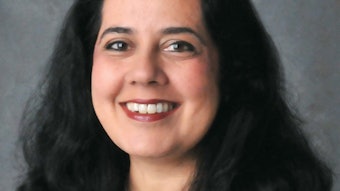We support you
Having just completed a series of comment letters to various government agencies that took weeks to construct and considerable staff time to adequately address all of the issues currently faced by our Members, it drove home the point that the extreme complexity woven into the delivery system is taking away the “joy of practicing medicine” from physicians across the house of medicine.
 James C. Denneny III, MD
James C. Denneny III, MD
AAO-HNS/F EVP/CEO
Among the most important points made in our comment letters, were the facts that the system needs to be simplified and made easy to understand, and the continued uncertainty needs to be resolved. We’ve also repeatedly advocated that otolaryngologists as well as other specialists need to have the realistic opportunity to participate equally in all of the programs available to physicians in the Medicare system.
It has become quite clear that CMS is not expecting the vast majority of physicians to be able to participate in the Alternative Payment Model (APM) program. We have expended and will continue to allocate considerable resources searching for applicable models otolaryngologists can utilize to be part of the APM program, but the program as it is written makes it much less likely to succeed than to fail and that is unacceptable in my opinion. There is considerable activity and concern in the medical community working to change the trajectory of the current plan.
You, our Members, are busy taking care of patients. We feel it is our job to take care of you so you can accomplish your mission of providing the best care. We are very sensitive to the value proposition that our Members expect from us. It is difficult to quantify a precise value that can be attributed to governmental and regulatory advocacy as well as private payer advocacy, production of quality metrics for reporting purposes, and work in the CPT/RUC arena, but a conservative estimate would be well into five figures. We recently analyzed our spending for critical Member services and found that we spent roughly $1,125 per Member, while the average dues revenue across all membership categories was $600. This figure did not include costs for the registry we are in the process of instituting. We continue to look for ways to prioritize programs and maximize value across the spectrum of our specialty.
We continue to make rapid progress on the registry and anticipate the pilot program to commence early in the new year. Considerable work was done by our staff in getting our application materials and procedures for a Qualified Clinical Data Registry (QCDR) ready by the January 31 CMS deadline. With the help of the Large Group Forum and Louise Eddy, MS, CCC/A, FAAA, we are working on completing the RegentSM “data dictionary,” which houses all of Regent’s measures and data elements, to have it ready for commencement of the pilot. This tedious and complex process has required considerable, focused effort on the part of our Quality and Health Policy business unit headed by its Senior Director Jean Brereton, MBA. We will have had a significant response to participation both in the Regent pilot as well as the registry once it launches for full participation in the summer. We have identified and selected 35 sites for the pilot and began contracting with each site in January. The Foundation Board of Directors recently approved the governance structure for the registry, which will include representation from private practice, academic practice, the American Board of Otolaryngology, and specialty societies representing the spectrum of clinical practice in otolaryngology. We now have named members to the Executive Committee of Regent as well as begun the process of populating the seven Advisory Committees representing the clinical disciplines that will be included in the registry. The Executive Committee will be the governing body responsible for operations including policies and procedures addressing registry content, research, analytics, and monitizing of its products and data.
The apparent realization that most specialty providers will be participating in the Merit-Based Incentive Payment Systems (MIPS) arm of the Medicare payment system will make the creation of measures applicable across the broad clinical expertise reflected in the practice of otolaryngology critical to our Members both in the government and private payer systems. The inclusion of our specialty societies as partners will help us achieve these goals much more rapidly.

